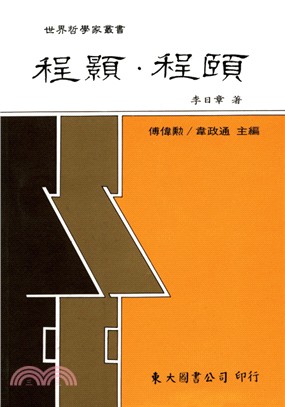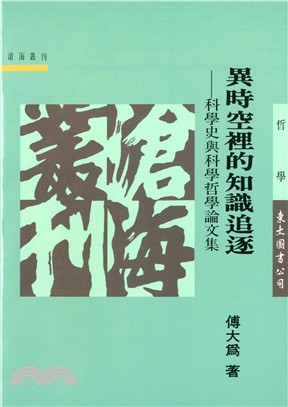Inflation Stabilization―The Experience of Israel, Argentina, Brazil, Bolivia and Mexico
商品資訊
ISBN13:9780262022798
出版社:Mit Pr
作者:Michael Bruno
出版日:1988/10/12
裝訂/頁數:精裝/434頁
規格:23.5cm*15.9cm*3.2cm (高/寬/厚)
商品簡介
Rampant inflation is a major economic problem in many of the less developedcountries; two out of three attempts to stabilize these economies fail. Inflation Stabilizationprovides a valuable description and a critical analysis of the disinflation programs introduced inArgentina, Bolivia, Brazil, and Israel in 1985-86, and discusses the possibility of such a programin Mexico. It documents the initial steps in stabilization as well as the reasons for failure.Asarchitects of the programs, several of the authors are in key positions to assess which aspects werecritical in getting the programs accepted and where to look for difficulties and failures.In Israel,inflation was halted without recession. The challenge to policy makers today is in shifting fromstabilization to the revival of sustained growth. This experience is described fully by MichaelBruno and Sylvia Piterman, who examine the critical issue of exchange rates, and by Alex Cukierman,who uses modeling to analyze the interaction of money, wages, prices, and activity under rationalexpectations that take the government's policy objectives into account.Endemic inflation and asudden increase in external debt burden Argentina's economy, raising the wider issues of highinflation economies and stabilization that are discussed in the chapter by Jose Luis Machinea andthat by Guido Di Tella and Alfredo Canavese.Eduardo Modiano and Mario Simonsen take up issues ofwages in Brazil, particularly the problem of finding an equitable way to deal with a wage freeze;Simonsen develops an ambitious game theoretic rationalization of incomes policy as a coordinatingdevice for imperfectly competitive economies.Bolivia did reach hyperinflation (price increases ofmore than 50 percent each month) before stabilizing. Juan Antonio Morales shows how stabilizing theexchange rate, in an economy where all pricing was already geared to the dollar, achievedstabilization without a wage or price freeze. And Francisco Gil Diaz asks whether an incomes-policybased program could work to control ever increasing inflation in Mexico.Michael Bruno is Governor ofthe Bank of Israel; Guido Di Tella is a Fellow of St. Anthony's College, a Professor at the Di TellaInstitute in Buenos Aires, and a Member of Parliament in Argentina; Stanley Fischer is VicePresident of Development Economics and Chief Economist at the World Bank. Rudiger Dornbusch is FordInternational Professor of Economics at MIT.
作者簡介
Stanley Fischer became Governor of the Bank of Israel in May of 2005. He has also served as Vice Chairman of Citigroup, Inc., First Deputy Managing Director of the International Monetary Fund, and Killian Professor and Head of the Department of Economics at MIT.Before his service in the IMF from 1994 to 2001, he was Killian Professor and Head of the Department of Economics at MIT.
主題書展
更多書展今日66折
您曾經瀏覽過的商品
購物須知
外文書商品之書封,為出版社提供之樣本。實際出貨商品,以出版社所提供之現有版本為主。部份書籍,因出版社供應狀況特殊,匯率將依實際狀況做調整。
無庫存之商品,在您完成訂單程序之後,將以空運的方式為你下單調貨。為了縮短等待的時間,建議您將外文書與其他商品分開下單,以獲得最快的取貨速度,平均調貨時間為1~2個月。
為了保護您的權益,「三民網路書店」提供會員七日商品鑑賞期(收到商品為起始日)。
若要辦理退貨,請在商品鑑賞期內寄回,且商品必須是全新狀態與完整包裝(商品、附件、發票、隨貨贈品等)否則恕不接受退貨。
























